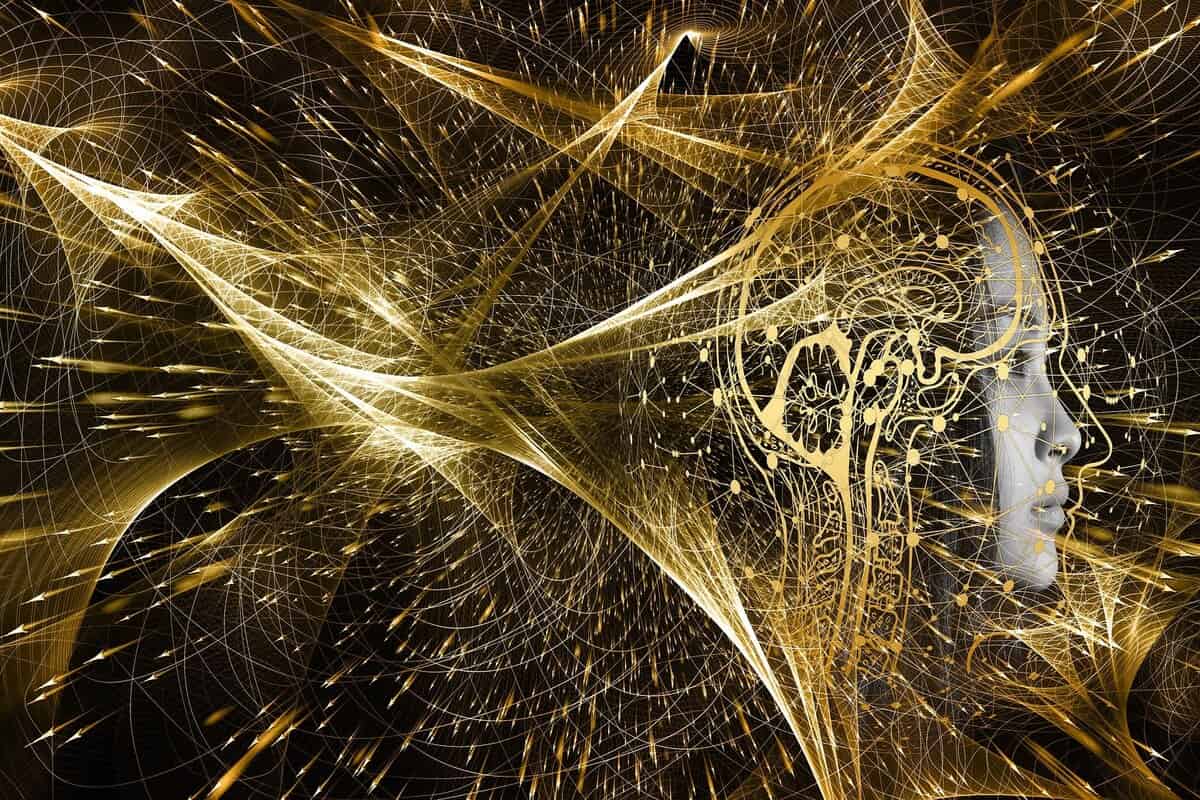
Stephen Hawking believed that attempts to create artificial intelligence (AI) threaten the existence of humanity itself. “It could spell the end of the human race,” he told the BBC in 2014. Since then, humanity’s work on AI has advanced significantly. In recent years, artificial intelligence has become the most popular topic in the scientific world. How else can you explain those moments when Google buys nine startups in the development of artificial intelligence, and Elon Musk founds the company OpenAI?
Now, the industry is growing rapidly, but scientists already understand what threats artificial intelligence can pose. This uncertainty gives birth to a whole long list of myths that are spread widely by various sources. We will try to analyze the most popular of them.
Artificial intelligence will be conscious
Most people are convinced that the machine mind will think like humans; that is, it will have consciousness. However, according to the English professor of cognitive robotics, Murray Patrick Shanahan, it is a mistake to equate the mind with consciousness. An artificial brain can perform tasks performed by a human without consciousness. For example, Apple’s Siri voice assistant answers questions, but it’s hard to tell that it has consciousness.
We don’t need to fear AI
We will get many valuable points from the creation of AI, for example, cures for all diseases, ships for deep space, etc., but no one knows whether this intelligence will be loyal to people or at least with a neutral attitude and behavior.
An intelligent machine can know all the nuances of hacking computer networks, but it may not have enough knowledge in other areas, for example, in psychology or moral aspects. Therefore, a situation may arise when AI simply cannot understand what is good and what is bad. Thus, the consequences can be fatal; for example, a machine can send a virus to a nuclear plant and destroy half of humanity. Therefore, the development of artificial intelligence should be as thoughtful and safe as possible.
AI is the cause of total unemployment
Data, provided by the International Economic Organization, indicate that the risks of mass automation in developed countries reach 50 percent. Robots will make the professions of drivers and postmen unnecessary and make adjustments in trading, tourism, etc.
This process has its advantages, though. If a driverless car replaces the driver, freight transportation will become cheaper, and people can buy more products for the same amount.
Also, even if robots can completely replace people, there is no point in panicking because people will be able to focus on doing things they like. Scientists are convinced that new professions will appear, especially in creative fields.
Controlling AI is not difficult
Putting such concepts as love, respect, good, and evil into a computer will be a very difficult process. Try to define these concepts yourself. Each person will have his vision of these words. The situation is the same with artificial intelligence. The AI control process is a key task for scientists.
It will destroy humans
According to artificial intelligence expert Eliezer Yudkowsky, AI cannot love or hate. No one knows what it will be like. AI can be loyal to its creator, or it can simply destroy the world. But there is no ambiguity in this.
In this article, we analyzed the most famous myths about the future of artificial intelligence. Note that our progress may take a completely different path, not the way we see it. Perhaps humanity will ban any developments related to the artificial brain. Or maybe it will be created tomorrow. Time will tell. Still, you should always use your brain first and your gadgets second. Stay safe!




